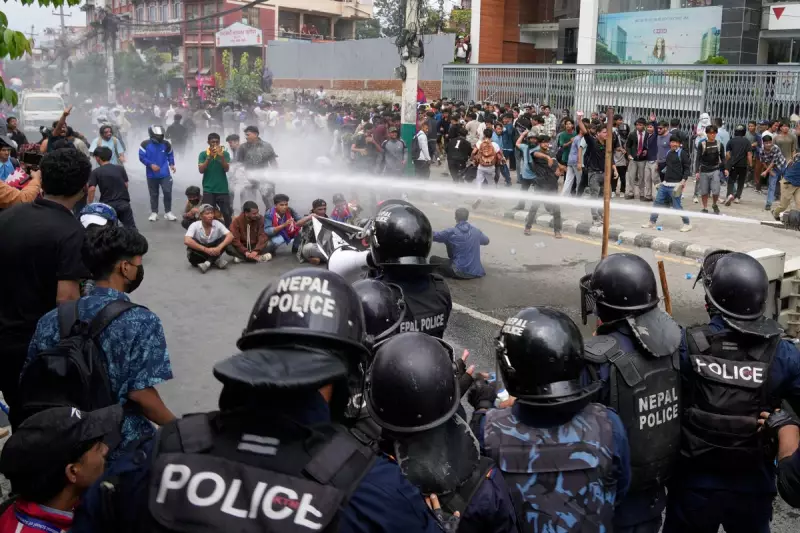
In a drastic move to quell escalating civil unrest, the Nepali government has instituted a comprehensive ban on several major social media platforms. The decision comes in the wake of violent protests in the capital, Kathmandu, which tragically resulted in the deaths of at least five individuals.
The ban specifically targets globally dominant platforms such as Facebook, TikTok, X (formerly Twitter), and Instagram. Authorities have justified the crackdown as a necessary measure to prevent the "spread of misinformation" and to maintain public order during a period of intense political turmoil.
Mounting Tensions Spark Deadly Clashes
The protests were ignited by a contentious new parliamentary bill that opponents argue will disproportionately favour larger political parties in future elections. What began as political demonstrations quickly spiralled into violence, marking one of the most significant outbreaks of civil strife in Nepal in recent years.
Eyewitnesses and local reports describe scenes of chaos, with security forces deploying tear gas and water cannons against crowds of protesters. The human cost has been severe, with families mourning the loss of loved ones and many others sustaining injuries.
A Digital Blackout in the Himalayas
The social media prohibition effectively silences a primary channel for communication and news dissemination for millions of Nepali citizens. Internet service providers across the country have been directed to block access to the specified platforms indefinitely.
This action has drawn immediate condemnation from digital rights advocates and civil society groups, who condemn it as a severe infringement on the fundamental right to freedom of expression. Many critics accuse the government of using the protests as a pretext to suppress dissent and control the narrative.
The situation remains highly volatile, with the international community watching closely as Nepal navigates this complex crisis of governance, public freedom, and state power.





